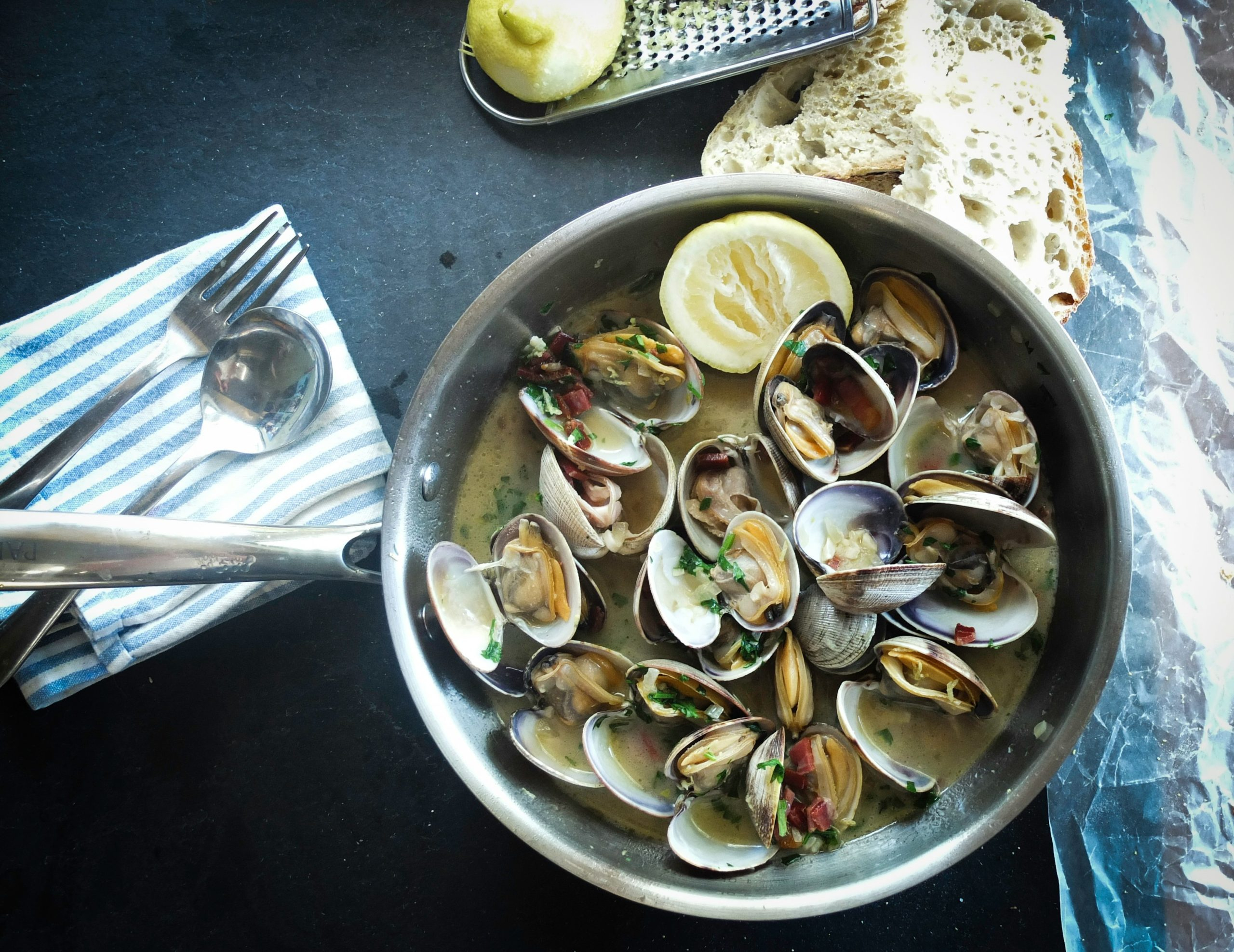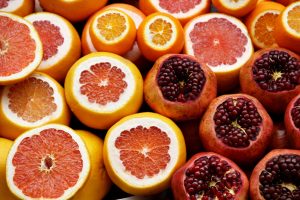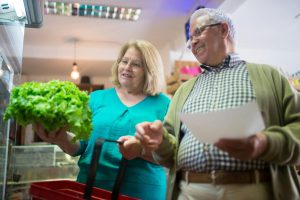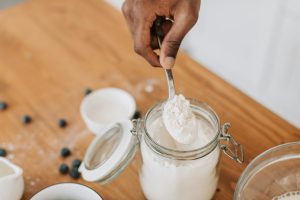Upcycled Food Fashion: Turning Orange Peels into Vegan Leather
In today’s society, sustainable fashion has become increasingly popular as people become more conscious of the environmental impact of traditional fashion practices. Along with switching to eco-friendly materials and production processes, the fashion industry is also looking towards upcycling food waste as a solution. One innovative trend that has emerged is the use of orange peels to create vegan leather for clothing and accessories. This upcycled food fashion not only reduces food waste but also offers a sustainable option for those who want to be fashionable without harming the planet. Let’s dive into the world of upcycled food fashion and explore how orange peels are transformed into vegan leather.
The Problem with Traditional Leather
Traditional leather production involves the use of chemicals and harmful tanning processes, which not only pollute the environment but also pose health risks to the workers involved. Additionally, the leather industry has a major impact on deforestation and the depletion of natural resources. With the growing demand for leather in the fashion industry, alternatives that are more sustainable and ethical are needed.
Introducing Upcycled Food Fashion
Upcycling is the process of transforming waste materials into new products of higher value. As the concept of upcycling becomes more popular, fashion designers and brands are now turning their attention to food waste as a valuable resource. One of the most innovative uses of food waste in fashion is the use of orange peels to create vegan leather. This process not only reduces the amount of food waste that ends up in landfills but also offers a sustainable and cruelty-free option for fashion enthusiasts.
The Process of Making Vegan Leather from Orange Peels
The process of creating vegan leather from orange peels starts with cleaning and drying the peels to remove any dirt or residue. The peels are then ground into a fine powder and combined with a non-toxic binder and water. This mixture is then spread on a surface and dried, creating a thin layer of orange peel leather. The resulting material is then treated and coated with a natural wax to make it water-resistant and durable.
The Benefits of Orange Peel Vegan Leather
Aside from being a more ethical and sustainable option, orange peel vegan leather offers several benefits compared to traditional leather. Firstly, using a waste material like orange peels as the main component reduces the need for animal products, making it a vegan alternative. Secondly, the production process of orange peel vegan leather uses fewer chemicals and reduces water consumption, making it more environmentally friendly. This vegan leather is also biodegradable, meaning it will not contribute to the buildup of waste in landfills.
Upcycled Fashion Brands Using Orange Peel Vegan Leather
Several fashion brands have already embraced the use of orange peel vegan leather in their designs. One of these brands is VEERAH, which offers a range of stylish and sustainable heels made from upcycled orange peels. Another brand, Orange Fiber, has created a fabric made from citrus juice by-products, including orange peels, which can be used to make clothing and accessories.
The Future of Upcycled Food Fashion
The use of orange peels to create vegan leather is just one example of the potential for upcycled food fashion in the future. As more fashion brands incorporate sustainable practices into their production processes, we can expect to see more innovative solutions emerge, including upcycling food waste. This not only benefits the environment but also provides a unique and ethical option for fashion lovers.
Conclusion
Upcycled food fashion is a growing trend in the fashion industry, offering a sustainable and cruelty-free alternative to traditional materials. By turning orange peels into vegan leather, the fashion world is taking a step towards reducing waste and promoting ethical and environmentally friendly practices. As we continue to make more conscious choices in our fashion purchases, upcycled food fashion has the potential to create a positive impact and create a more sustainable future for the industry.











